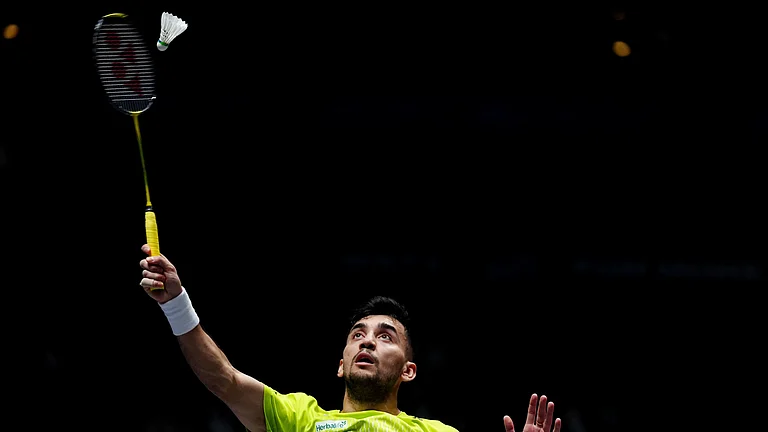The All India Muslim Personal Law Board on Wednesday raised objections on the Uniform Civil Code (UCC) and demanded that not just tribals but every religious minority should be kept out of the purview of such a statute.
Through a letter issued in the name of Mohammad Fazlurehim Mujaddidi, general secretary of the Board, the Muslim board appealed people to register their protest in large number against the UCC. "Personal relationship of Muslims, guided by their personal laws, is directly derived from the Holy Quran and Islamic laws and this aspect is linked with their identity. Muslims in India will not be agreeable to lose this identity of which there is space within the constitutional framework of our country," the letter read.
The working committee of the Board had approved the draft response prepared on UCC in the executive meeting on June 27 and on Wednesday it was presented for discussion in the virtual general meeting of the Board, the spokesman of the Board Kasim Rasool Ilyas told PTI. This report was unanimously approved, after which it has been sent to the Law Commission, he said.
Existing laws not uniform: AIMPLB
The Board further said that it analysed existing civil laws and came to the conclusion that "existing general/uniform family laws are not truly uniform, even existing codified community based laws are also not uniform." Referring to the Special Marriage Act as the "closest and continuing model of a uniform family law in India," the Board said that this Act itself is not uniform.
It further said that the Constitution of India, is itself not uniform in India. "Different treatment, accommodation, adjustment is the nature of our Constitution. Different territories of the nation have been given different treatments. Different communities have been made entitled to different rights. Different religions have been given different accommodations," the letter read.
Goa Civil Code
Goa has been governed by the Portuguese Civil Code, 1867 (PCC), a set of laws that govern all the inhabitants of Goa regardless of religion on matters of marriage, inheritance, property, maintenance and, up until recently, succession.
On Goa's code, the Muslim body said, "The Goa Civil Code, as detailed out, is packed with diversity; even Code of Civil Procedure does not apply uniformly in the entire territory of India." "These examples demonstrate just the tip of the iceberg. Majoritarian morality must not supersede personal laws, religious freedom and minority rights in the name of a code which remains an enigma," it added.
The Law Commission had given time till July 14 to various parties and stakeholders to file their objections to the UCC. The All India Muslim Personal Law Board (AIMPLB) had earlier requested to extend the time by six months.
The chairman of the parliamentary committee on law and BJP MP Sushil Modi had on Monday advocated keeping tribals, including those in the North East, out of the purview of any likely Uniform Civil Code (UCC) at a meeting of the panel, according to sources.
Ilyas said, "The All India Muslim Personal Law Board has always been against the UCC. It is of the view that imposing only one law in the name of UCC in a country like India, which consists of people belonging to multi religions and cultures, is a violation of democratic rights."
The AIMPLB is a prominent Muslim non-governmental organisation formed in 1973 with the objective of protecting and promoting the application of Islamic personal law among Muslims in India.
The Law Commission has initiated the fresh consultation process on the Uniform Civil Code by seeking views from stakeholders, including public and recognised religious organisations. Prime Minister Narendra Modi recently made a strong pitch for bringing UCC and alleged that the Opposition is using the issue to mislead and provoke the Muslim community.






















